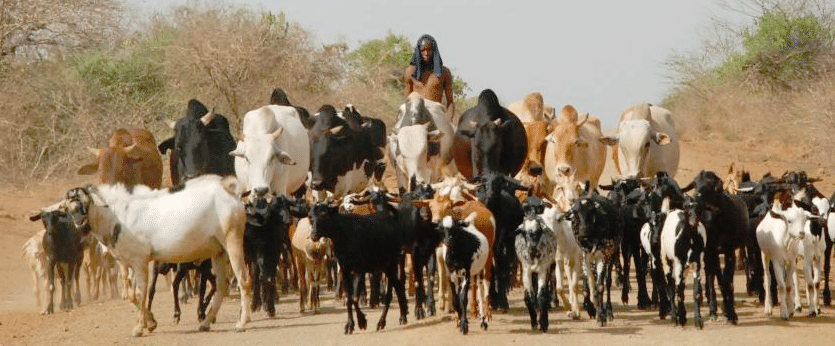A project to support 60,000 nomadic and semi-nomadic farming families to grow food in the face of hotter and drier conditions has been launched in Kenya’s north-west.
The four-year Baringo Resilience Initiative (BARINGO),’ will promote productive, climate resilient and nutrition sensitive agriculture and livestock production amongst pastoralist and semi-pastoralist communities.
The European Union is contributing €5.6m to the scheme, which was formally launched by the Governor of Barongo County Mr. Stanley Kiptis.
He said that the project was one of three new initiatives in Baringo whose objective was to contribute to disaster preparedness as well as food and nutrition security for a sizeable number of vulnerable communities.
The four-year initiative will be implemented in Tiaty, Baringo North, Baringo South and Mogotio sub-counties and will access of people to farm advisory services and promote diversified farming systems that will help mitigate the effects of climate change.
The EU Ambassador to Kenya, Simon Mordue said that the European Union is committed to ending drought emergencies in the Horn of Africa. In Kenya, the EU is contributing up to €45m to the Ending Drought Emergency Strategy. “While droughts may be an unavoidable natural phenomenon in the Horn of Africa, their impact can be mitigated by human action”, he said.
James Oduor, CEO at the National Disaster Management Authority (NDMA), said that the NDMA would provide the necessary support to measure impact and coordinate activities to ensure that no one will be left behind.
This project will be implemented by three non-governmental organisations – Self Help Africa, Farming Systems Kenya (FSK) and Sustainable Agricultural Initiative Network (SAII) – in close collaboration with the County Government of Baringo and the National Government Agency NDMA.

